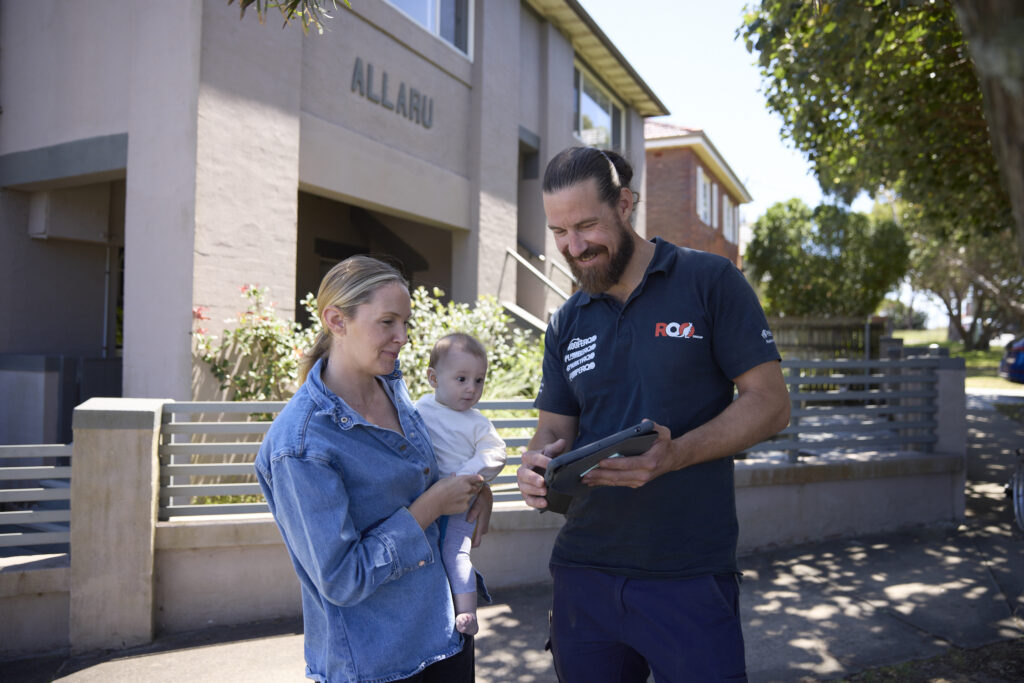
Open 24/7! Servicing all of Sydney’s Eastern Suburbs
Our Average Response time is: 1hr 53min 47sec
To keep your plumbing system running smoothly, regular drain cleaning is essential. Beyond the frustration of a slow-draining sink or a clogged shower, there's a risk that small blockages can quickly escalate into bigger plumbing problems. And with that, comes costly repairs.
We always stress the importance of regular plumbing maintenance because, time and time again, we see firsthand how customers who invest in it save the most money on plumbing in the long run. As such, let's explore why routine drain maintenance is the best way to keep your plumbing system in top shape.
Cleaning your drains might be one of those things you put off, ignore or perhaps not even give a second thought. Neglecting drain cleaning might not seem like a big deal but when you’re faced with a messy backup or unexpected water damage, you'll wish you hadn't.
Standing water and buildup create the perfect breeding ground for bacteria, causing foul odours and potential hygiene concerns. In the end, what could have been routine maintenance turns into costly repairs and even more stress.

Drain cleaning is a simple fix that pays dividends. Here are some of the key reasons it's worth it.
If you want to engage in some DIY plumbing, that's totally fine. Cleaning your drains yourself can be a great first step. You can use baking soda, vinegar, or a plunger to clear minor drain clogs.
You can also use chemical drain cleaners as a DIY method, but it’s important to follow the manufacturer’s instructions carefully. Typically, you pour the cleaner into the drain, let it sit for the recommended amount of time, and then flush it with hot water to clear the blockage. Always use protective gloves.
How often you should clean your drains depends on a range of factors such as household size, plumbing condition, and usage. For DIY maintenance, a quarterly flush with hot water or baking soda and vinegar can help prevent buildup and keep your drainage flowing smoothly.

However, we highly recommend scheduling professional drain cleaning services once a year to ensure deeper blockages that DIY can't reach are cleared. If you're in a cold climate, cleaning before winter is especially important to prevent cold weather plumbing issues.
Here are some tips to keep an efficient drainage system and avoid clogged drains.
We cannot stress enough the importance of this. Grease, oils, and food particles can harden and create stubborn clogs. Dispose of them in the trash instead.
Install strainers in sinks and showers to trap hair, soap scum, and food waste before they enter your pipes.
Pouring hot water down your drains helps break down minor buildup and keep pipes clear.
Regular drain maintenance will not only prevent major blockages and avoid emergency plumbing repairs but will extend the life of your smoothly functioning plumbing system. Aim for annual routine drain cleaning.

Flushable wipes could be destroying your home's plumbing. These wipes don’t break down as easily as toilet paper, which can lead to serious plumbing issues.
We hope we've demonstrated the importance of regular drain maintenance. Try to get into the habit of using the DIY baking soda, vinegar and plunger DIY method every few months.
Aim for professional drainage cleaning at least annually. If you're experiencing slow drainage or suspect a blockage, contact Plumberoo—your trusted plumber in Sydney's Eastern Suburbs. We can perform thorough drain cleaning to keep an efficient plumbing system.
Regular maintenance and drain cleaning prevent blockages, foul odours, and potential plumbing issues, ensuring efficient drainage.
Drain cleaning improves water flow, reduces the risk of a blocked drain, and helps maintain a hygienic environment.
Neglecting to clean your drains can lead to blockages, unpleasant odours, and even costly plumbing emergencies.
Household drains should be DIY cleaned 3 - 4 times a year, with professional cleaning at least once a year, or more frequently if experiencing slow drainage or frequent clogs.